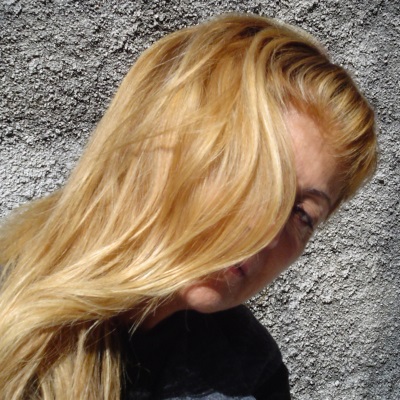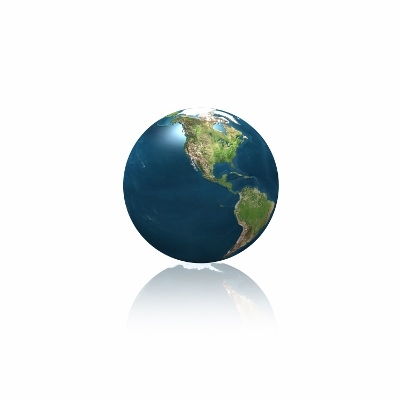 Head Lice are tiny insects, or parasites, that live in human hair. They feed on our blood and make our heads itch. Head lice are incredibly common in school-age children because of their abilities to spread quickly through head-to-head contact. Any parent with young children knows how frequently they can occur, and how difficult they can be to get rid of.
Head Lice are tiny insects, or parasites, that live in human hair. They feed on our blood and make our heads itch. Head lice are incredibly common in school-age children because of their abilities to spread quickly through head-to-head contact. Any parent with young children knows how frequently they can occur, and how difficult they can be to get rid of.
Are Head Lice Dangerous?
It can be very worrying, hearing that your child has a blood sucking parasite living in their hair. Many parents find themselves panicking that it is a dangerous condition. You shouldn’t panic as head lice can’t hurt your child at all. They suck minute amounts of blood, and are incapable of passing on any diseases or poisons. The only way head lice can lead to anything more serious is if your child scratches that much they cause their scalp to become scabby and sore. These sores could potentially become infected, so try to break the scratching habit and get rid of the lice as soon as you can.
How to Treat Head Lice
You may have heard about home remedies for head lice. These include mayonnaise, vinegar or olive oil rubbed into the scalp. There is no evidence to suggest that any of these things would work. Another thing that probably won’t work is what’s known as a nit comb. Used on its own, it’s unlikely to remove the lice.
Your best option is an over the counter head lice shampoo or ask advice from a medical professional at Plushcare of San Diego. These contain pyrethroids, which slow the head lice down and ultimately kill them. Then a nit comb should be used to remove what’s left of the bodies and eggs.
There have been reports recently of head lice becoming resistant to these shampoos. If you think this is the case, contact a medical professional. They may be able to prescribe you a stronger chemical, or at least offer you more advice. Don’t just continue to use the same shampoo, exposing your child to more chemicals, when it might not help.
How to Stop Head Lice Returning
I’m sure you’ve heard the myth that head lice only live in clean hair. This isn’t the case. It was born out of a desire to make infested children feel better about it. They aren’t dirty; they must be clean to get lice. So, don’t be tempted to wash your child’s hair less to lower the risks of them getting lice. There’s not a lot you can do. Adults generally get head lice less, as we have a better sense of personal space, and don’t put our heads close to other people’s heads very often. Until your child stops playing with other children, they will be at risk of contracting head lice.
Head lice are generally just incredibly annoying and not at all dangerous. However, if you are worried, or perhaps think your child might be at risk of an infection due to persistent scratching, or you have a case of super resistant head lice, do not hesitate to contact a medical professional for advice.
Brought to you by our friend, Carol.










